
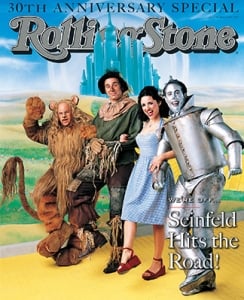
OF THE COUNTLESS ARTISTS WHO OWE A DEBT TO THE BLUES, no one has repaid that debt with more amazing grace than Bonnie Raitt; she has consistently given credit where credit is due. That’s fitting, since the blues was a fundamental part of Raitt’s musical education. The blues spirit is still alive and well on Fundamental, Raitt’s latest album, an eclectic gem that follows a series of career-altering smashes produced by Don Was. Fundamental includes an authentic yet contemporary take on J.B. Lenoir and Willie Dixon’s “Round and Round,” as well as “Cure for Love,” a fantastic song from Los Lobos’ David Hidalgo and Louis Perez that Raitt delivers with undeniable blues power.
Has it been meaningful for you to give something back to the blues?
Oh, yeah, that’s probably what I consider to be my job in music: to focus attention on some of the people who often didn’t get the recognition. Then I discovered that those same artists also had crummy royalty rates. Blues artists deserve justice — royalty justice. They should be recorded again. The people that I idolize — Muddy Waters, John Lee Hooker and Howlin’ Wolf — only got better with age. They had more to say and more depth to say it from.
How did you first get the blues jones?
I didn’t learn country blues until I was about fourteen, when a lot of those blues artists got rediscovered and brought to the Newport Folk Festival. But like everyone else, I was a fan of Fats Domino and Little Richard and Ray Charles. I always like the original versions of rock & roll. I never thought of myself in the tradition of my dad’s [Broadway star John Raitt] music. My music is the music of the age group I grew up in, and that’s early rock & roll and folk music.
What was it like when you actually started to meet some of these blues greats?
If someone had told me at fourteen — when I was slaving away trying to figure out how to play bottleneck up in my room here on Mulholland Drive, in L.A. — that I was going to eventually hang with and become close friends with Mississippi Fred McDowell, I wouldn’t have believed it.
I had entry to them because the man who managed them and booked them, Dick Waterman, was a good friend of mine. It was an unbelievable education. It was a great life experience, in terms of how they dealt with love and how they lived their lives. I was, like, twenty, and I just wanted to hang with them. I would try to keep up with them drinking, and I hadn’t really learned how to drink yet. I wanted to be authentic right away.
Having seen so many greats die off over the years, do you still see the blues as healthy and relevant?
I think it’s more vibrant now than it ever was. I’m just sorry so many of the great originals of this music didn’t live to see it, or even the tremendous upsurge that happened around the late Sixties. And then the white blues artists from England and people like Janis Joplin kind of eclipsed all the black artists. I mean, look at Etta James, who should be a god for the American public now. She’s just the baddest thing that walks. Yet these blues artists do not get the money or attention they deserve. Case in point: Every year when they do the Rhythm & Blues Awards, I appreciate the exposure Late Night and The Tonight Show give us, letting us come on. But if I don’t come — even with The Arsenio Hall Show — they generally won’t put these people on. You have to have a “current headliner” appearing with the “legendary traditional artists.” They’d be great without me.
Is your connection to the blues any different now that you’re in a happier time of your life?
Why do you think I am happier now? Happiness doesn’t have anything to do with Grammys or whether you’re married. It doesn’t mean you weren’t in love before. I don’t know anybody that’s happy all the time. I’m a lot more evolved and wise at forty-eight than I was in my twenties. But I’m still as tortured as anybody by the things that torture me. Usually the space between my ears is the one that gives me the most problems.
My external circumstances are more complicated now than they were before I had commercial success. Does rock-star whining give them a reason to sing the blues? I suppose not. But the blues come from such a deeper place and come from being mistreated and not heard. In that sense, I’m a lot better off than people singing about being exploited. But my personal life and my relationship with my family are as equally problematic as everybody. I’m the first to say that when I heard Koko Taylor sing the blues and I hear Eric Clapton sing the blues, it seems like Koko Taylor is going to have a lot more authenticity. Relative to her friends, she’s probably doing a lot better than someone who’s living in a shack. So I don’t associate the blues with income.
Source: © Copyright Rolling Stone
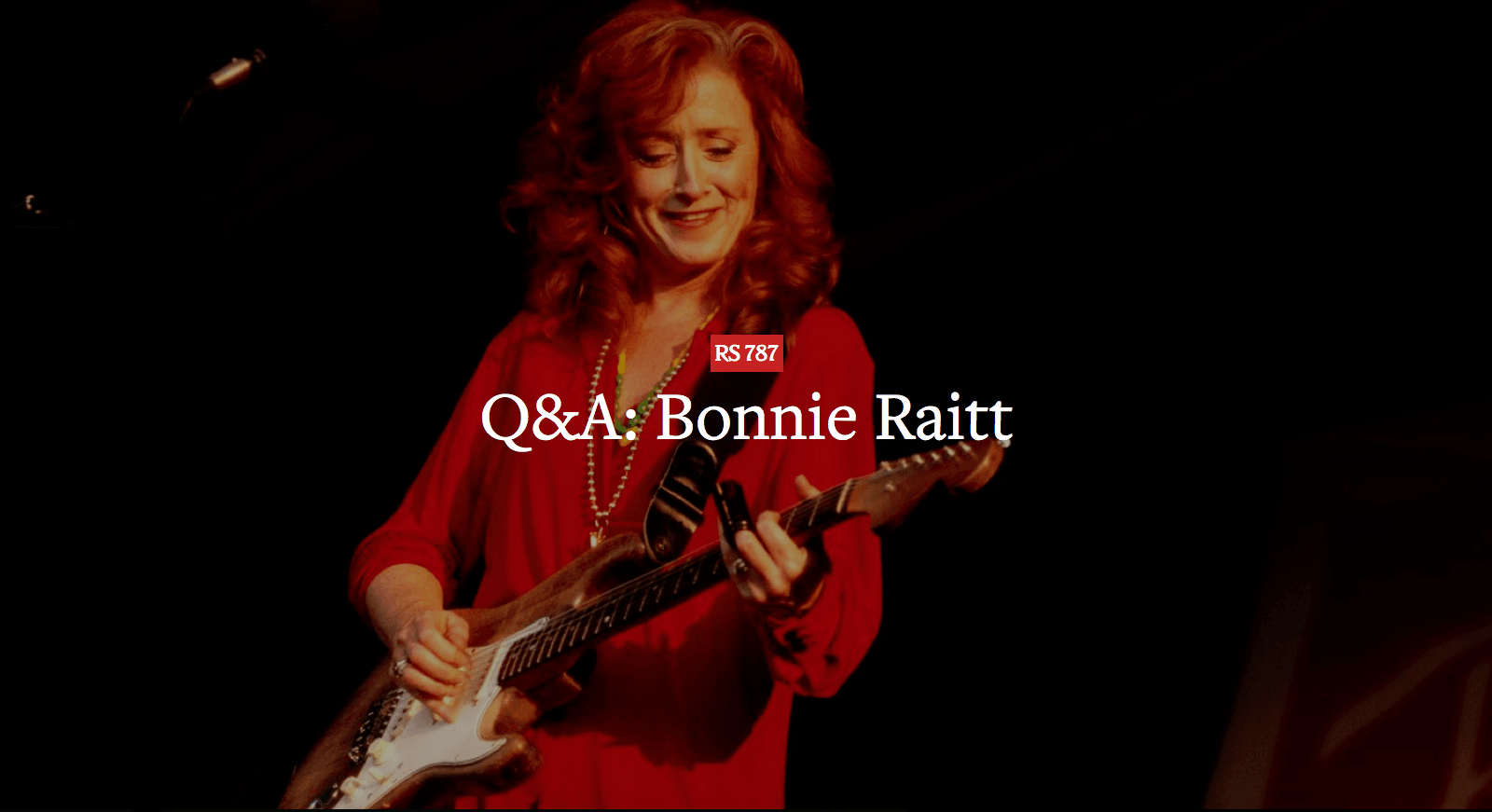
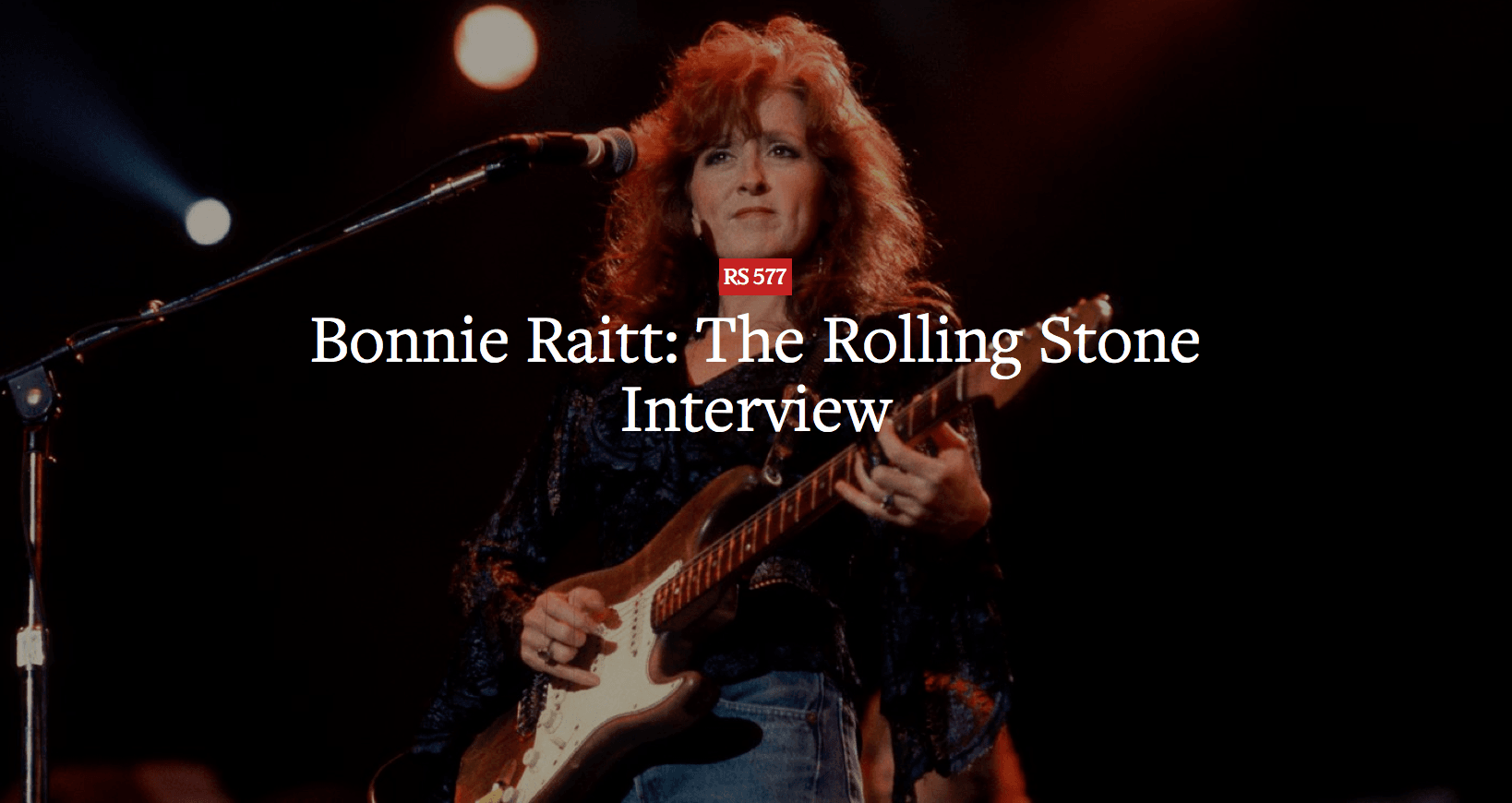

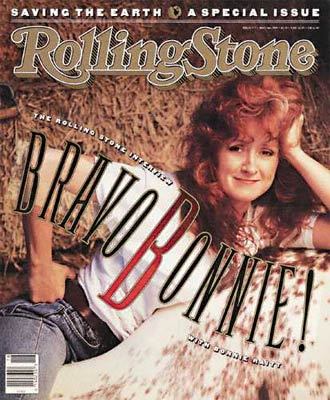


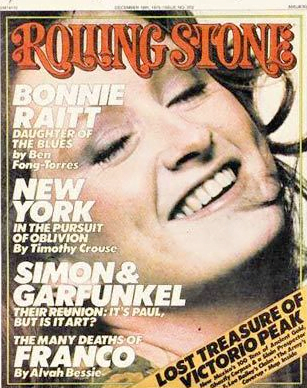




 Visitors Today : 43
Visitors Today : 43 Now Online : 0
Now Online : 0




































































































